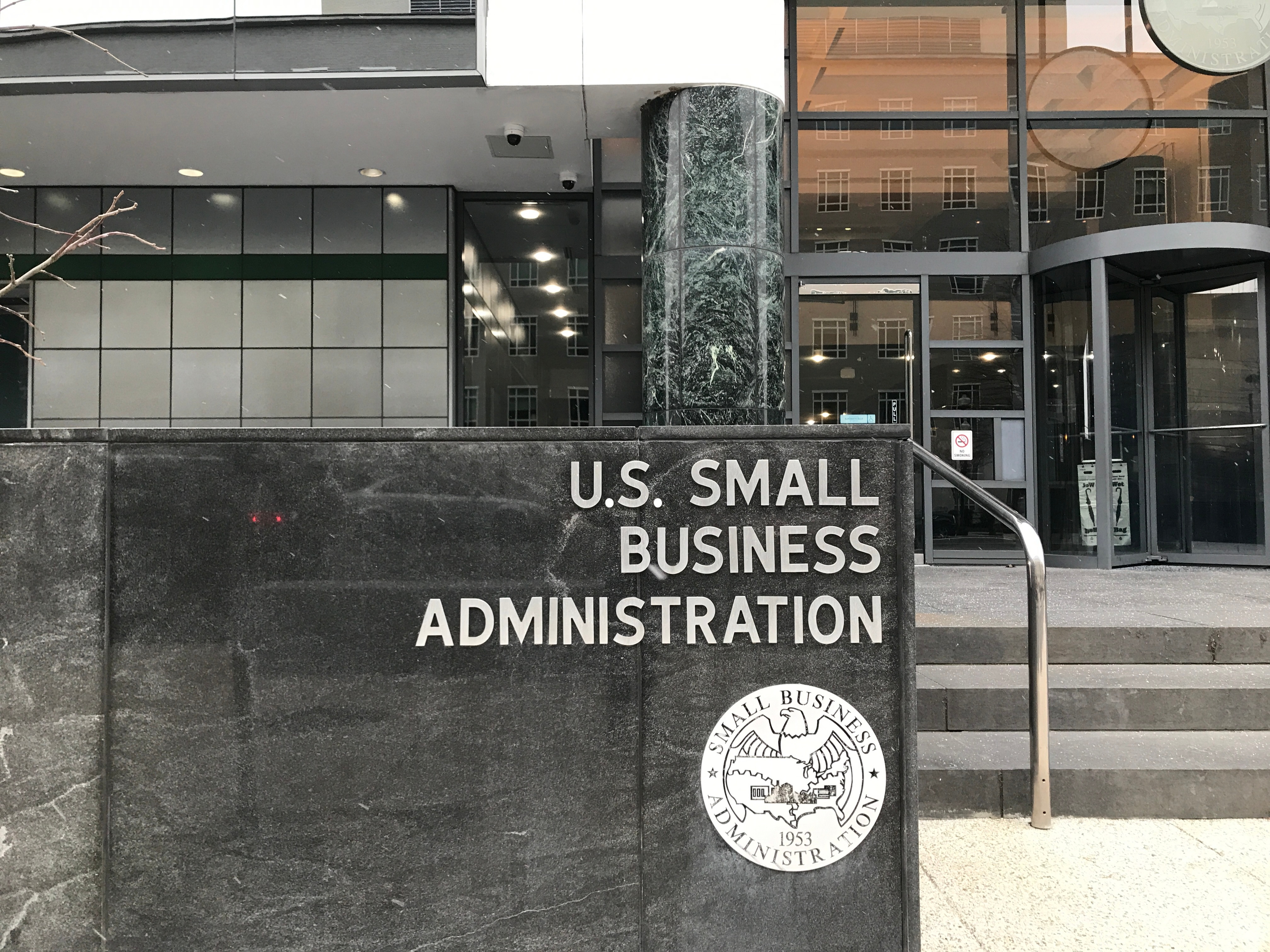3 min read
SBA 8(a) Major Changes Impacting Government Contractors
Robert Craig
:
Aug 30, 2023 7:18:56 AM

Major changes to SBA 8(a) Business Development Program impact Government Contractors: New applications suspended, and current participants should prepare social disadvantage narratives
In August of 2023, the Small Business Association issued a memorandum addressing the impact of a recent court decision, "Ultima Services Corp. v. U.S. Department of Agriculture (Eastern District of. Tennessee.)," on the use of the 8(a) Business Development Program.
Background:
The memorandum, found here, explains that on July 19, 2023, a district judge issued an injunction against the Small Business Administration (SBA) regarding the use of the rebuttable presumption of social disadvantage in administering the 8(a) Business Development Program. A rebuttable presumption is a legal principle that presumes something to be true unless proven otherwise. The burden of proof lies with the party who wishes to rebut or disprove the presumption. In this case, the presumption assumed that certain racial and ethnic groups qualify as socially disadvantaged under the 8(a) Program requirements without needing to demonstrate disadvantage.
The "certain groups" specifically identified by the SBA included: Black Americans, Hispanic Americans, Native Americans, Asian Pacific Americans, and Subcontinent Asian Americans -- received a "rebuttable presumption" or "presumption of social disadvantage".
The Court declared that Defendants, the United States' Department of Agriculture (“USDA”) and the Small Business Administration (“SBA”), use of the rebuttable presumption violates the plaintiff’s Fifth Amendment right to equal protection of the law.
To comply with the Court’s order, SBA is requiring all 8(a) Participants whose program eligibility is based upon one or more individuals who relied upon the presumption of social disadvantage to establish their individual social disadvantage by completing a social disadvantage narrative.
If you were admitted to the program under social disadvantage based on the rebuttable presumption, then your firm must complete and submit the required narrative as soon as possible. All pending contract offers or awards, as an individual-owned 8(a) Participant that previously relied on the presumption of social disadvantage to support its eligibility, are on hold until SBA reviews and affirms you have established personal social disadvantage.
Guidance for Federal Agencies and Government Contractors:
The memorandum provides specific guidance on how businesses enrolled in the 8(a) Program should navigate the implications of this recent court decision:
- Impacted Categories: The document identifies three categories of 8(a) Program participants affected by the injunction:
- Individual-owned small businesses that used the rebuttable presumption of social disadvantage.
- Individual-owned small businesses that did not use the presumption and provided documentation to establish social disadvantage.
- Entity-owned small businesses (e.g., Indian tribes, Alaska Native Corporations, etc.) that do not need to establish social disadvantage.
- Submission of New Requirements: Agencies can continue submitting new requirements for acceptance into the 8(a) Program. Before awarding contracts to individual-owned participants who previously relied on the presumption, SBA must affirmatively determine their personal social disadvantage without the presumption.
- Processing Awards: Different procedures are outlined for sole source and competitive 8(a) awards, ensuring that social disadvantage requirements are verified.
- Communication with Participants: SBA will communicate directly with existing 8(a) participants about the new method and procedures for establishing social disadvantage.
- Existing Contracts and Options/Modifications: Existing 8(a) contracts placed before July 19, 2023, are not affected. However, if an eligibility determination is needed for an 8(a) contract with an individual-owned participant, SBA must affirmatively confirm social disadvantage.
- Replacing Participants: Replacing one 8(a) participant with another on a contract requires assessing the receiving firm's social disadvantage.
- SBA Activities: SBA temporarily suspended new applications into the 8(a) Program and final evaluation of pending applications relying on the presumption. Changes to the application process are being made to comply with the court's order.
Additionally, SBA has published specific guidance, found here, to help 8(a) participants and applicants with writing their social disadvantage narratives by explaining each element of the SBA requirement. The key elements of a Social Disadvantage Narrative should include an indication of which identity or identities is/are the basis of social disadvantage and descriptions of incidents in which bias or discrimination has occurred.
For each incident, participants and applicants must fully describe the incident and provide details such as:
When – Explain when the discriminatory conduct occurred. Exact dates, if available, are preferred but are not necessary so long as the incident provides a specific time period. This discrimination can be from any period of your life; you do not need to be experiencing current discrimination to qualify.
Where – Explain where the discriminatory conduct occurred. The incident must have occurred in American society.
Who – Explain who committed the discriminatory action. This could include an individual, a group of individuals, or an institution. Individual names, where available, are preferred but not necessary so long as the incident provides a specific figure or organization.
What – Explain the discriminatory conduct.
Why – Explain the reason(s) that the conduct was more likely motivated by bias or discrimination than other non-discriminatory reasons. Without additional facts, a mere assertion that the action was the result of bias or discrimination is not enough to support a claim of social disadvantage.
How - Explain how each instance of discriminatory conduct impacted your entry into or advancement in the business world. Offensive comments or conduct, while reprehensible, will not support a claim of social disadvantage if there is no negative impact associated with the incident.
While the recent court decision makes it harder to participate in the 8(a) program, understanding the new requirements and writing a good social disadvantage narrative can help your business overcome these new challenges.
Contacts
If you have any questions or would like more information on these issues, please contact Bob Craig at Robert.Craig@srpc-cpa.com or 301-461-1601.
